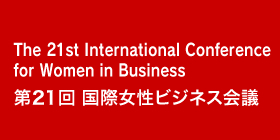REPORT
円卓会議 101【in English】Agenda in the world: Work in the world
-
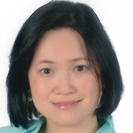 Miwa Kato
Miwa KatoCountry Director, UN Women Egypt
-
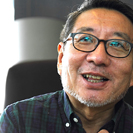 Kenro Oshidari
Kenro OshidariJapan Association for World Food Program – Board Member
AAR Association for Aid and Relief, Japan – Managing Director -
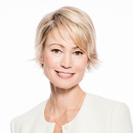 Kyoko Altman(F)
Kyoko Altman(F)Head of Thought Leadership, BNY Mellon, Asia-Pacific

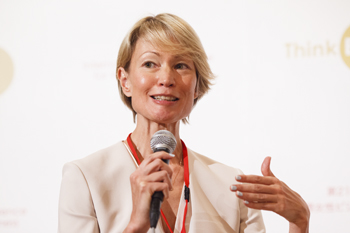
Kyoko Altman
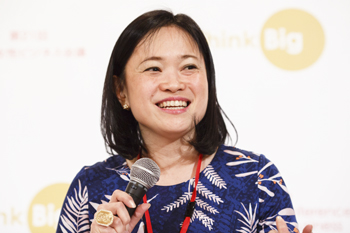
Miwa Kato
What are some global issues? And how do we solve them? The speakers shared their experience and tips on tackling a global agenda and team building with multinational staff.
Kyoko Altman, who spent 20 years as an international reporter, facilitated the session. The round table addressed important issues, especially those of inequality and aid in regions with conflict and widespread poverty.
Miwa Kato, who was named Director of UN Women Egypt twelve months ago, is working to promote gender equality and women’s empowerment in the region. She previously worked in counterterrorism, and fighting drugs and human trafficking. Ms. Kato kicked off the discussion by describing her personal motivations for joining the UN, which stemmed from a deep desire to be a part of the solution to the world’s problems. Her narrative opened up into a broader conversation of the organizational inertia that humanitarian institutions face. She believes “We need to change the institutions we work in to better match the needs and the potential that human civilization has.”
Ms. Kato then elaborated on the issue of an alienated but enthusiastic global citizenry that believes its individual efforts are undervalued, and therefore feels estranged from global crisis and resolution. She outlined what is required to ensure that global voices and efforts are recognized. Along with this, she spoke about what major humanitarian organizations like the UN need to do to improve structural issues of implementation when it comes to aid work and conflict management. In line with her beliefs, Ms. Kato sought an open and interactive dialogue with the audience about improving the work of international institutions.
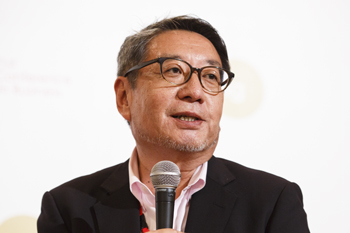
Kenro Oshidari
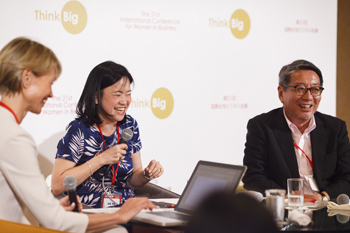
Kenro Oshidari has worked for more than 30 years for the UN, mostly with the World Food Programme. His humanitarian work has spanned across continents to areas affected by poverty, natural disasters, migration, and conflict. Recently retired, he is helping young Japanese to find work in an international setting, whether it is with an NGO or a corporation.
Mr. Oshidari started off speaking about his experiences witnessing the world’s inequality, along with his desire for greater Japanese participation in rooting out its causes. He explained how inequality serves as the common denominator for societies fraught in turmoil and then went on to outline major factors contributing to global inequality. Ms. Kato elaborated further on the social vices caused by disproportionate equality within the domains of information, resources, gender roles and shared several experiences that helped to shape her current opinion that inequality is at the root of many of the world’s problems. She believes it take personal commitment: “Ultimately, what really matters is that each of us dares to say ‘I see a different future. I don’t accept the status quo.’”
Mr. Oshidari believes that a leader must be fair to each person. “With a multinational team, forget about nationalities. I think of people as individuals.”
While Ms. Kato is optimistic about the world’s future, she concedes: “We need to change the institutions we work in to better match the needs and the potential that human civilization has.”
Mr. Oshidari and Ms. Kato offered advice to participants on how they can contribute to humanitarian causes and also how to balance an international career with raising a family.
